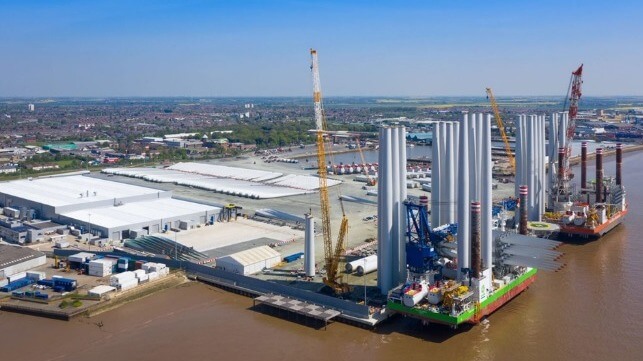Siemens Energy to Buy Out Loss-Making Turbine Builder Siemens Gamesa

Spanish regulators have given German conglomerate Siemens Energy the green light to buy up all outstanding shares of Siemens Gamesa Renewable Energy (SGRE), its majority-owned wind turbine manufacturing affiliate. At the end of the buyback period, SGRE will be delisted.
Siemens Energy owns 67 percent of SGRE, and it will buy back the remaining publicly-held 33 percent over the course of the next month. When it announced the offer earlier this year, Siemens Energy cited "financial performance issues" at SGRE "due to the substantial pressures on the wind turbine supply chain." Inflation and supply chain uncertainty have cut into profitability across the sector, and Siemens Energy believes that it can save $300 million per year by folding SGRE into its parent company.
SGRE has been forced to issue multiple profit warnings since 2020, and it replaced its CEO in 2021 and again in February 2022 in a series of attempts to turn around its fortunes. Despite a record order backlog and a market-leading position in offshore wind, it lost about $1.2 billion over the nine months ending in June.

that matters most
Get the latest maritime news delivered to your inbox daily.
The company has blamed recent losses on rising prices for energy, materials and logistics, along with serious operational challenges. Manufacturing and project management have been disrupted by port congestion, shipping delays and unavailable components. High costs related to repairs for legacy onshore turbines have added to the pressure, along with development challenges for the company's new 5.X onshore turbine family.
Inflation is also hitting home at competitor Vestas, which (like Siemens Gamesa) has been forced to raise turbine prices to offset rising costs. The increasing capital cost for turbines and other core infrastructure is putting new pressure on offshore wind developers, and at least two projects in the U.S. are moving to renegotiate rates to compensate.
